Takemi Program in International Health
The Takemi Program in International Health seeks to improve health and health systems around the world by welcoming mid-career health professionals and scholars to the Harvard T. H. Chan School of Public Health to conduct path breaking research and develop their leadership skills.
665 Huntington Avenue, Bldg. 1, Room 1210
Boston, MA 021151, USA
Current Fellows
The 2025–2026 group comprises five fellows from three different nationalities:
Takemi Fellows 2025–2026
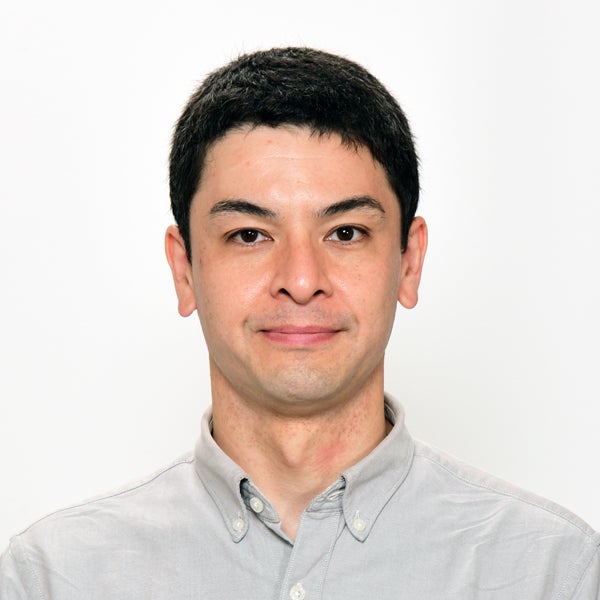
Dr. Isamu Amir, Ph.D., is an assistant professor in the Department of Radiation Health Management at Fukushima Medical University School of Medicine (FMU). He earned his Ph.D. in science communication from the Tokyo Institute of Technology in 2018 and previously worked at the Consulate General of Japan in Boston and the Ministry of the Environment. His research examines how misinformation about the “health effects of radiation exposure” from the 2011 Fukushima Nuclear accident fuels discrimination and prejudice, using interviews and online surveys. At FMU, he teaches “Radiation Health Science and Medicine,” sharing findings with medical students.
Takemi research project: Addressing Discrimination, Prejudice, and Unfounded Rumors Regarding the Health Effects of Radiation Exposure Following the Fukushima Daiichi Nuclear Power Plant Accident
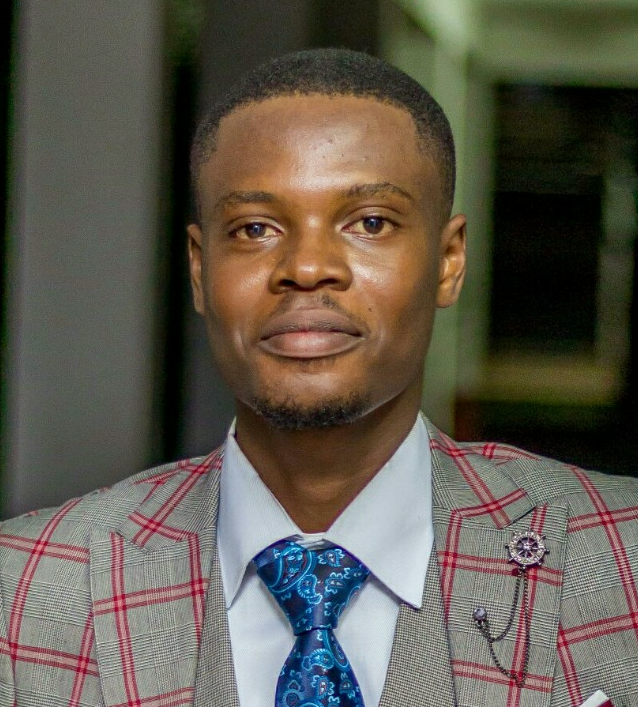
Dr. David A. Barnes, D.V.M., is a doctoral candidate at Hokkaido University’s International Institute for Zoonosis Control. He earned a Doctor of Veterinary Medicine from the University of Ghana and has nearly a decade of research and clinical experience. His research focuses on zoonotic tuberculosis and antimicrobial resistance in Mycobacterium bovis and Mycobacterium tuberculosis, applying advanced genomic analyses. He works to bridge veterinary and human health to strengthen infectious disease control in Ghana and other low-resource settings, and leads community outreach on zoonotic diseases and antimicrobial stewardship.
Takemi research project: Addressing Zoonotic Tuberculosis in Ghana: Bridging Data Gaps and Advancing Public Health Strategies
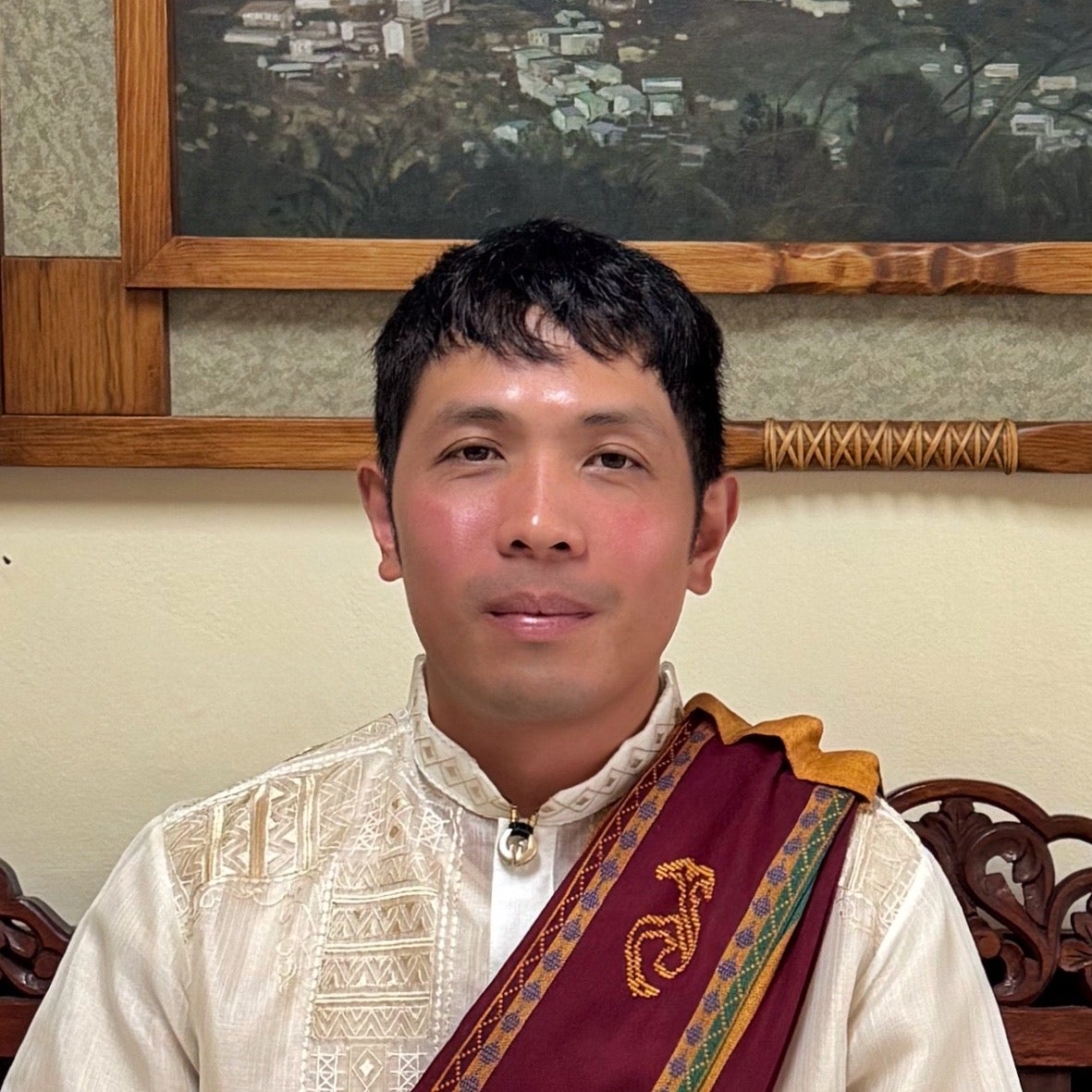
Dr. Gideon Lasco is a professorial lecturer of anthropology at the University of the Philippines Diliman and a research fellow at Ateneo de Manila University. Trained as a physician in Manila, he holds advanced social science degrees from the University of the Philippines Manila, the University of Amsterdam, and Harvard University. His research examines contemporary health crises, drug issues, human stature, water, heat, and the environment using qualitative and ethnographic methods. An Atlantic Fellow for Health Equity in Southeast Asia, he has been a visiting scholar at the University of São Paulo, the National University of Singapore, and Wageningen University & Research, and has published over 70 peer-reviewed works, 500 newspaper pieces, and five books, including The Philippines is Not a Small Country (Philippine National Book Award; cited by The Guardian).
Takemi research project: Medical Populism and Global Health Futures
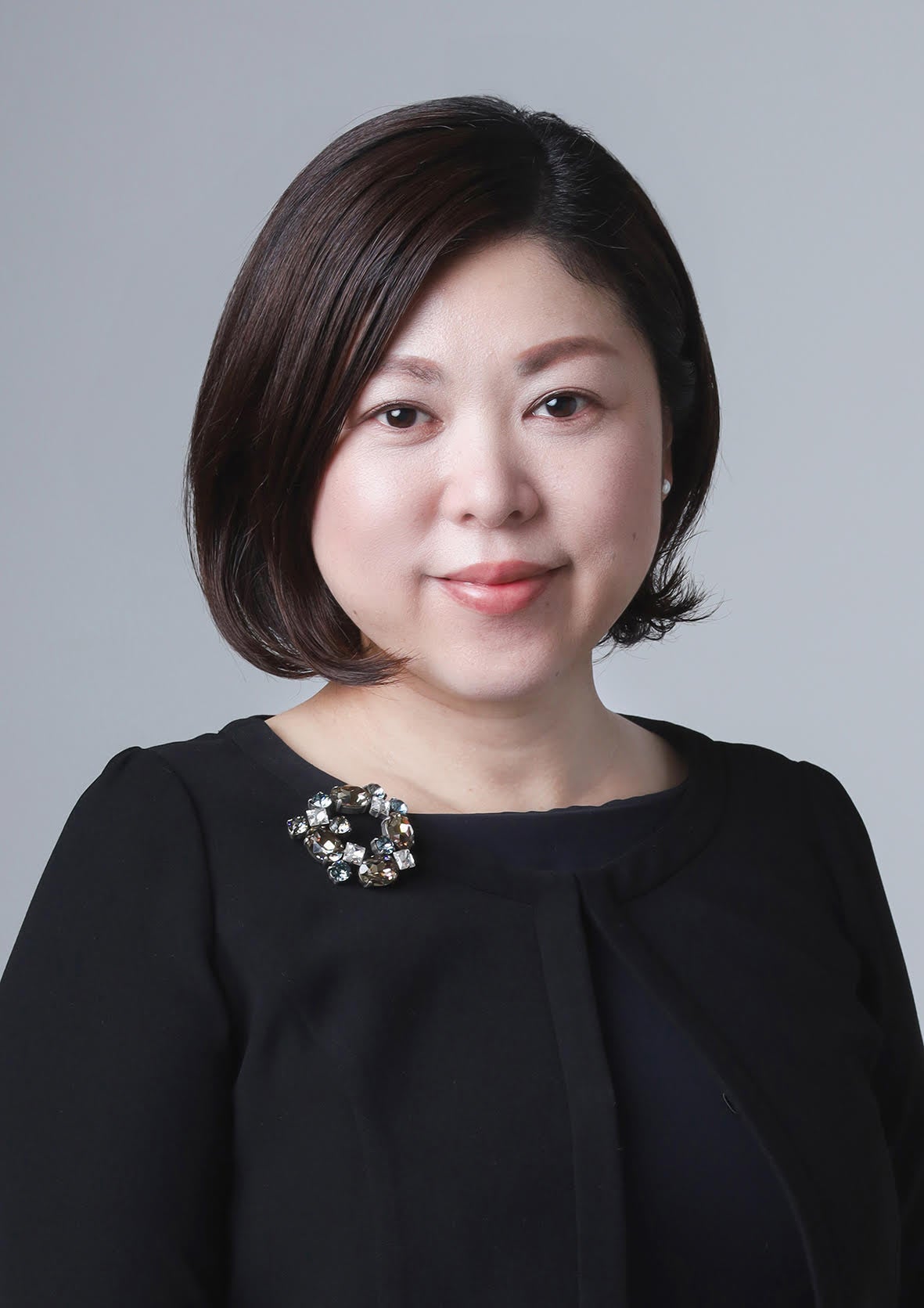
Dr. Kaori Yamaguchi, OTR, PhD, is a senior researcher at the National Institute of Public Health, the research arm of Japan’s Ministry of Health, Labour and Welfare. Her work focuses on rehabilitation policy and systems research. She conducts epidemiological studies using large-scale health databases and leads the development of monitoring indicators for rehabilitation services in Japan and internationally.
Takemi research project: Transition in the Provision of Community Rehabilitation Services for Older Adults and Impact of System Reforms and the COVID-19 Pandemic: An Analysis Using Open Data in Japan
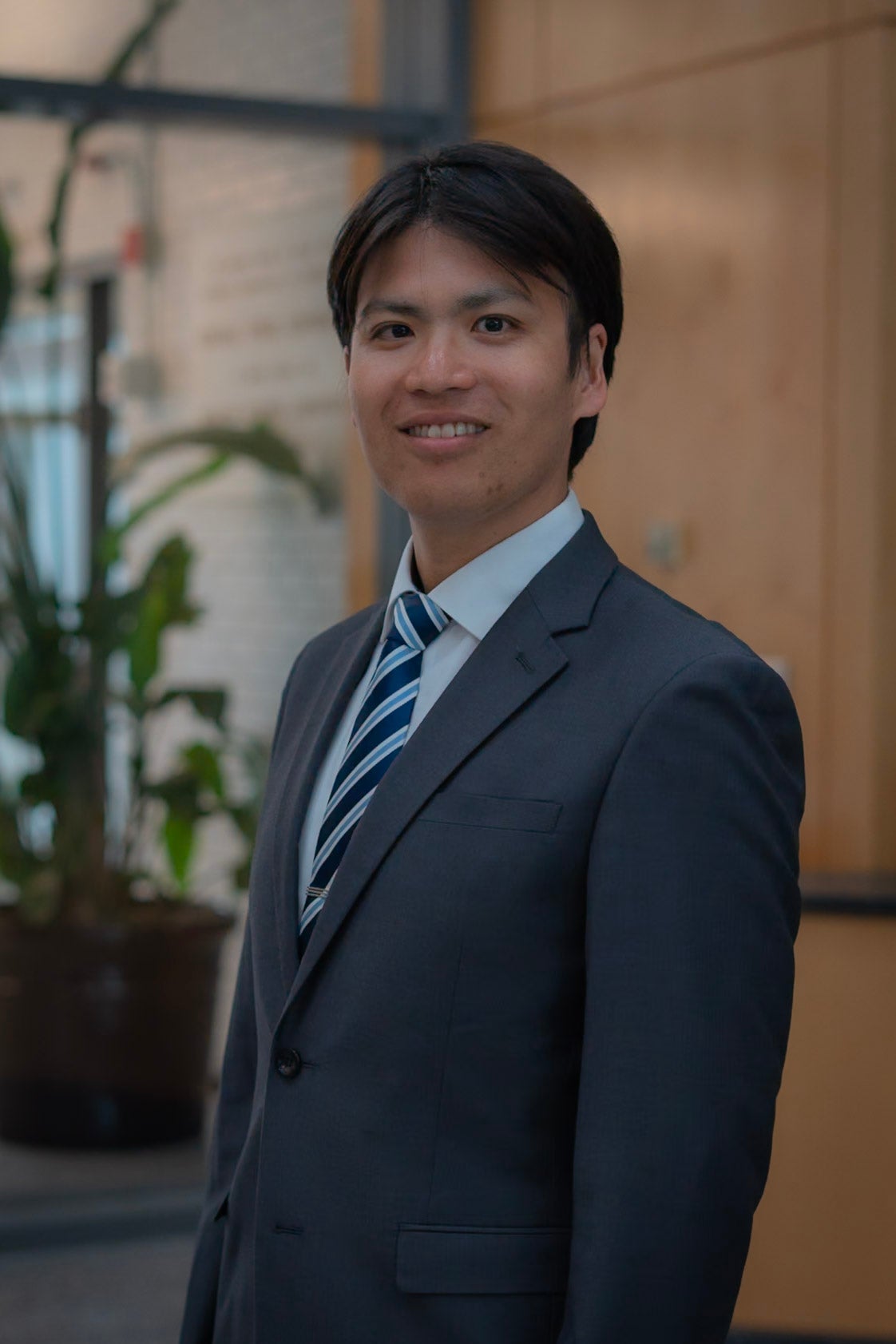
Dr. Yoshitaka Nishikawa, MD, PhD, is a physician–scientist and associate professor at Kyoto University Graduate School of Medicine. His work focuses on developing and disseminating health information to protect people from disasters and disease—particularly cancer and gastrointestinal conditions—while bridging practice and research through medicine, public health, and health informatics. He leads two reporting guideline efforts: CAST-D (case studies in public health and medicine related to disasters) and WATER (wastewater analysis and tracking in epidemiological reporting). His Takemi work examines stable iodine implementation after radiological emergencies at individual, community, and national policy levels.
Takemi research project: Framework for Disaster-Related Research Reporting: Comparative Case Study on Stable Iodine Implementation as a Thyroid Protection Measure in Nuclear Emergencies